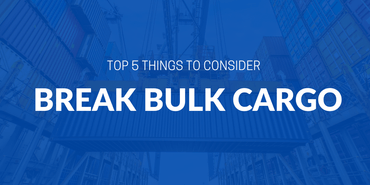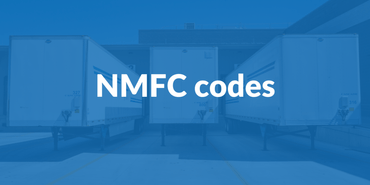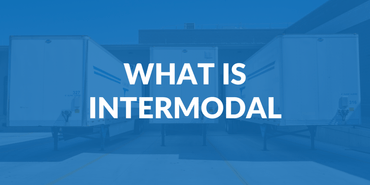
FTL (Full Truck Load) Shipping



Businesses that need freight carrier services have many options for transporting their goods. Full truckload (FTL) is a popular transportation method for large shipments, and it requires the entire space of a truck. FTL shipping is ideal for businesses that want to move high-value or heavy-haul items across long distances. When logistic companies have large shipments that are time-sensitive and contain sensitive materials, FTL freight is the way to go. Full truckload shipments require less handling, which means there’s less potential for freight damage.
What is Full Truck Load (FTL)?
Full truckload is one of the most popular shipping methods where the shipment takes up an entire truck. It’s ideal for large shipments where a freight load from one company occupies the whole space on a truck destined to one client. FTL is perfect for shipping 10 to 22 pallets or delicate, high-risk loads.
There’s an alternative shipping method called less than truckload LTL. It’s a truckload with multiple shipments bound for different locations. It refers to the shipment of relatively small freights. LTL freight carriers handle small freights from several businesses by sharing space.
There’s significantly less risk of damage in FTL because a shipment stays on the same truck throughout the journey. FTL is a secure, fast, and reliable shipping method as compared to LTL.
Benefits of FTL against LTL shipping
Choosing a shipping method for transporting goods can be a tricky decision. There are multiple factors that you need to consider while shipping. Sometimes it becomes difficult to decide whether to use FTL or LTL for shipping goods. Full truckloads have some added benefits over less than truckloads. Here are some observations on the primary benefits of FTL shipping.
1. Less Damage
Full truckload is less risky than LTL because it requires fewer touchpoints along its way. Damage risk usually depends on the time a truck takes to reach its destination. During FTL, the shipment does not need to consolidate and dissipate with others. The freight carriers do not need to move goods to unload other items. However, in LTL, the increased handling and transferring of goods increase the possibility of damage.
2. Faster delivery times
While shipping via full truckload, the freight stays on the same truck throughout the way. It eliminates all the additional steps involved in less than truckload shipping. FTL speeds up the shipment process as the freight does not need to consolidate with other shippers’ goods. In LTL shipping, the shipment gets handled more which slows down the delivery. Full truckload (FTL) shipping does not require additional stops and steps and makes it a significantly faster delivery.
3. Best for variety of shipments
FTL is an ideal shipping method for transporting large, delicate, high-risk, non-stackable, or hazardous cargo. Mostly, multiple high-risk shiploads are not allowed to be on the same truck. LTL will give a lot of trouble to large, delicate, or non-stackable products. The small added expense of FTL shipment is significantly lower than the damage cost in an LTL shipment.
Main aspects to take into account
When deciding between FTL and LTL, one must consider the time, weight, size, and destination of the shipment. If the freight is large and needs to reach its final destination on time without any damage, then a full truckload is the right option.
It’s not always necessary to fill the truck. Shippers tend to avoid using full truckload because they assume that this method is effective for massive shipments only, and they do not have enough cargo to fill the truck. This is not true. It is possible to ship the FTL with a partial load. But this strategy is suitable when companies need a speedy delivery or shipping valuable cargo. One can learn more about freight services offered by the U.S government here.
Lack of truck drivers in the U.S
The U.S has a massive shortage of truck drivers. According to American Trucking Association, about 51,000 more drivers are needed to meet the demand for shipping goods. The driver shortage affects the entire economy because over 68% of all shipments move on U.S highways. It has a significant impact on supplier costs and consumer pricing, which leads to increased shipping delays and shortages at stores.
With the high freight volumes, the driver shortage problem continues to grow in the U.S. This problem results in increased rates and delays in FTL and LTL shipments across the board. Regardless of hurdles, strategies, and objectives, the truck driver shortage is a real problem that freight carriers face.
Related Articles


